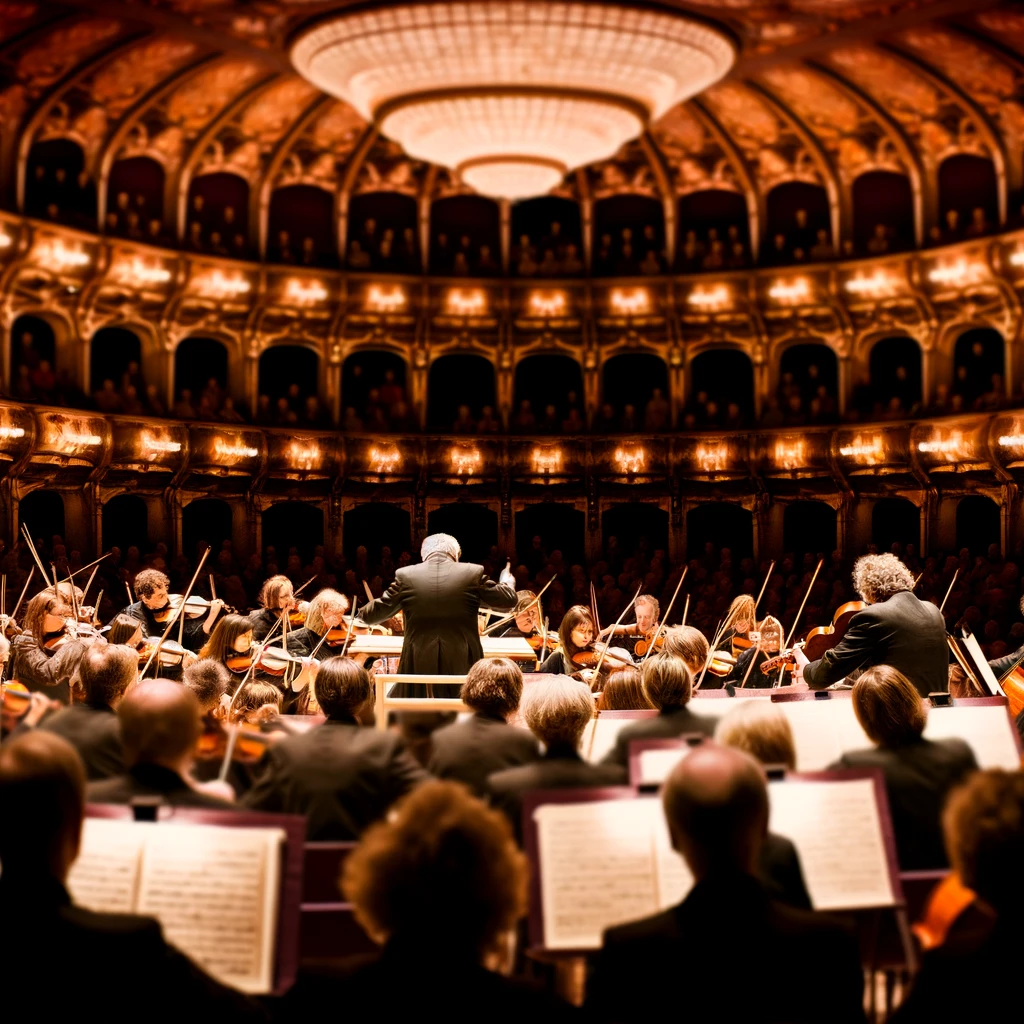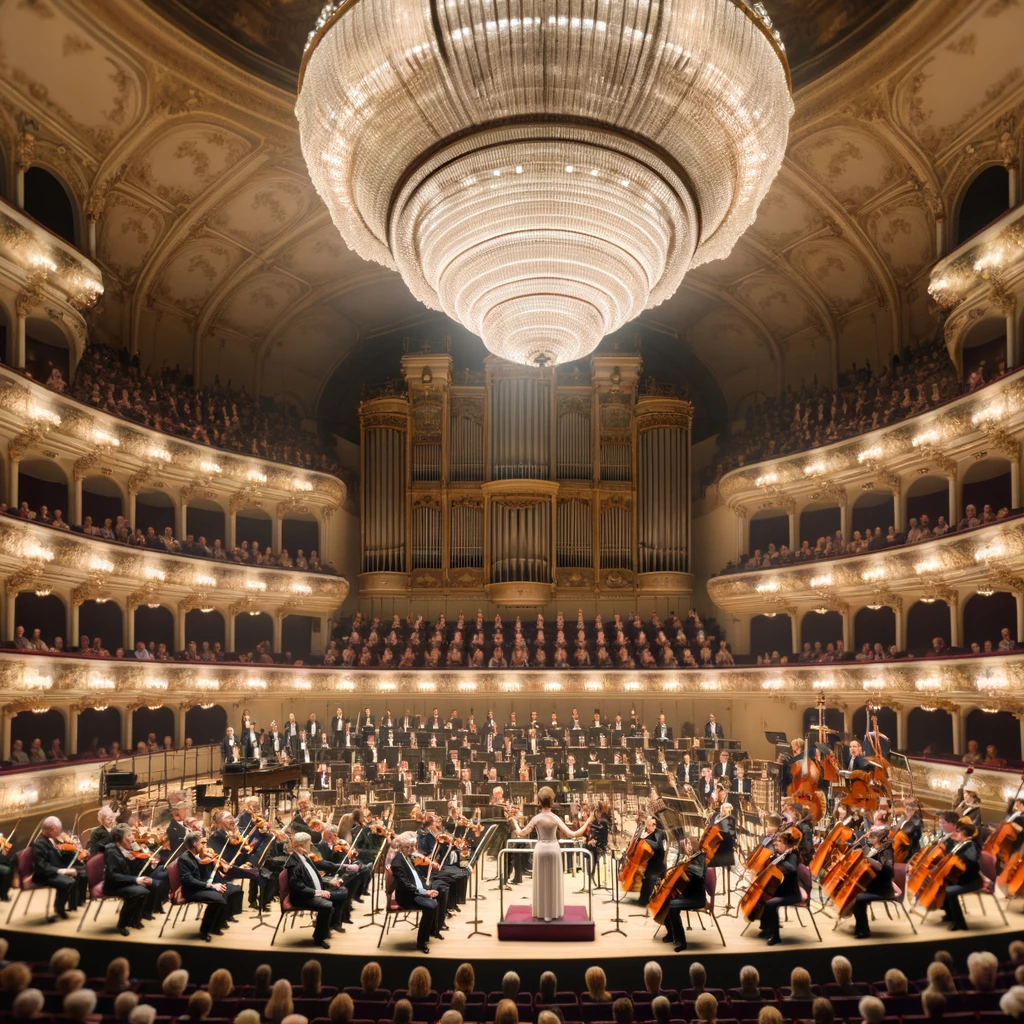Related Articles











Classical music, often regarded as the cornerstone of Western musical tradition, has a rich history that spans centuries. Despite the evolution of music and the emergence of various genres, classical music maintains its enduring influence and appeal.
Classical music's origins can be traced back to the early traditions of Western liturgical music, with its roots embedded deeply in the cultural and artistic developments of the Middle Ages and the Renaissance. It was during the Baroque period, however, that classical music began to take its shape, with composers like Johann Sebastian Bach and George Frideric Handel leading the charge.
The Baroque era (1600-1750) was characterized by its ornate detail and expressive style. Music from this period is known for its complexity and grandeur, with pieces often composed for religious ceremonies and royal courts. The era produced some of the most enduring works, such as Bach's Brandenburg Concertos and Handel's Messiah.
Following the Baroque era, the Classical period (1750-1820) introduced a new simplicity and clarity to music composition. Composers like Wolfgang Amadeus Mozart and Ludwig van Beethoven brought a new approach to symphonic and chamber music, emphasizing balance and form. This period saw the development of the symphony, sonata, and concerto, forms that remain central to classical music today.
Classical music's timeless appeal can be attributed to several factors, including its emotional depth, intellectual engagement, and cultural significance.
Classical music has the unique ability to convey a broad spectrum of emotions, from the joy and exuberance of a Mozart symphony to the profound sorrow of a Beethoven sonata. This emotional range allows listeners to connect with the music on a personal level, enhancing its enduring appeal.
Classical music often involves complex structures and themes, which can provide intellectual stimulation for the listener. The intricate compositions require focus and deeper understanding, offering a rewarding experience for those who engage with the music analytically.
Classical music is deeply intertwined with the cultural and historical contexts in which it was created. It reflects the social, political, and technological changes of its time, offering listeners a window into the past. This historical perspective adds an educational dimension to the listening experience.
Despite the rise of new music genres, classical music continues to influence modern artists. Its themes, structures, and techniques can be found in various contemporary music forms, from film scores to popular songs.
Many modern musicians incorporate classical elements into their work, creating crossover genres that appeal to a broad audience. Artists like Yo-Yo Ma and groups like the Kronos Quartet have successfully blended classical traditions with modern styles, introducing classical music to new generations.
Classical music's emotional power makes it a popular choice for film scores and media soundtracks. Composers like John Williams and Hans Zimmer have drawn on classical techniques to create memorable scores that enhance the storytelling of films.
The timeless appeal of classical music lies in its ability to transcend cultural and temporal boundaries. Its rich history, emotional depth, and intellectual engagement continue to captivate audiences worldwide. As we look to the future, classical music remains an essential part of our cultural heritage, inspiring new generations of listeners and musicians alike.